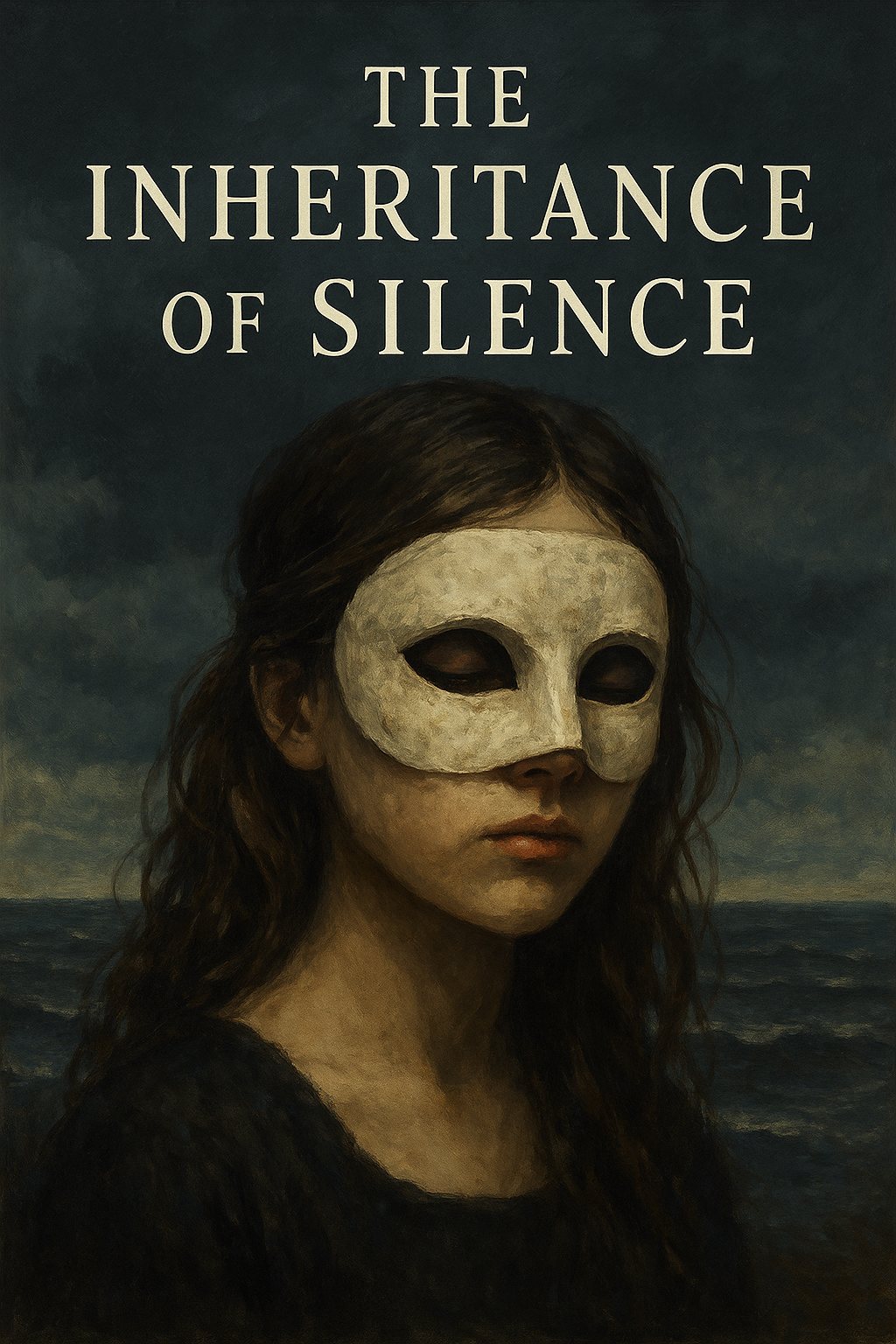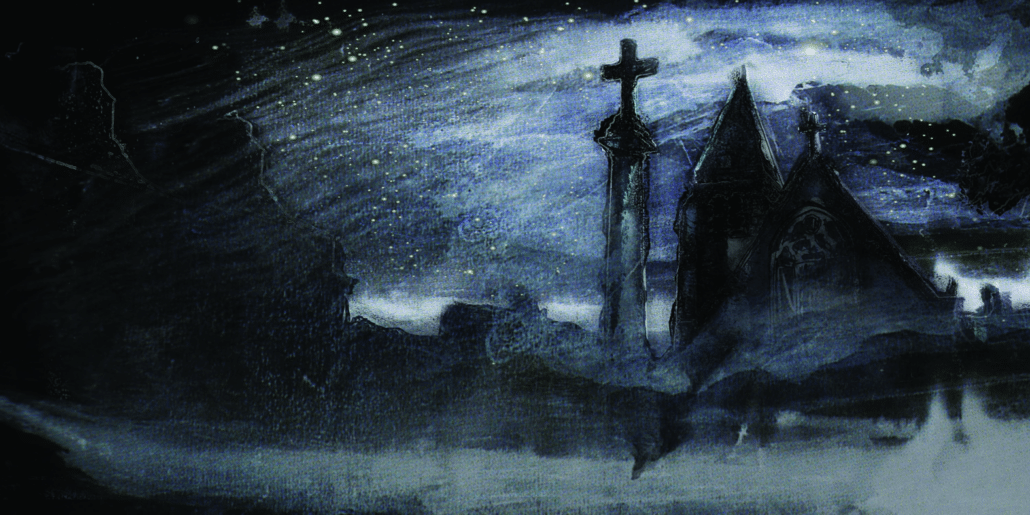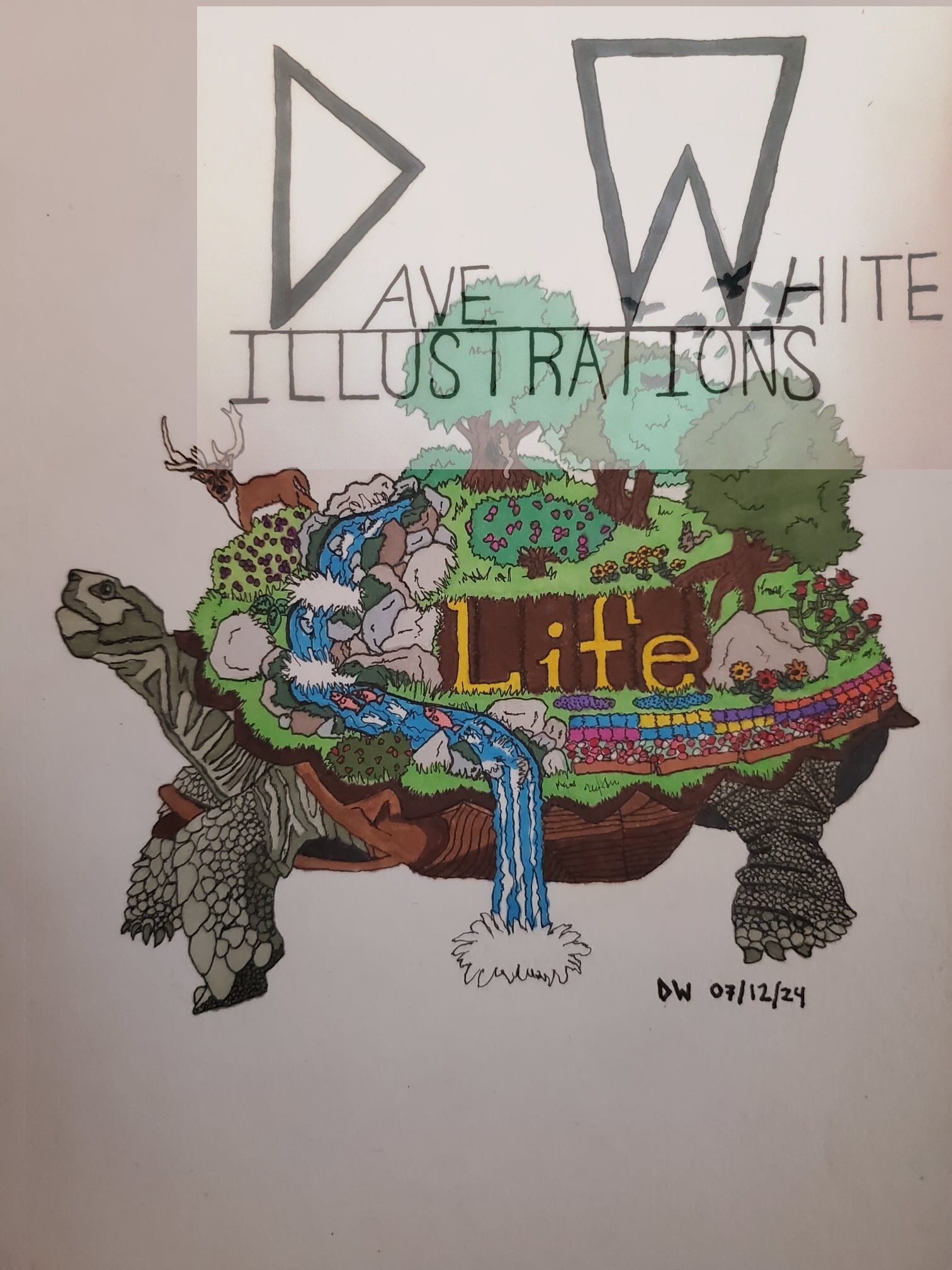From the beginning, she was taught to wear a mask.
It was not porcelain, not cloth, but something invisible and suffocating — spun from secrecy and fear, fastened by her mother’s whispered prayers. The mask was her inheritance, an heirloom of silence meant to protect her from what lived in her father.
Every evening she would linger at the doorway of her mother’s room, watching. Her mother knelt on the floor, knees pressed hard into the rug, hands clasped until her knuckles blanched.
“Please, God,” she whispered. “Let it end with him. Don’t let the illness pass into them. Spare my children.”
The words crawled into the walls, into the floorboards, into the girl herself. She did not understand them fully, but she felt their weight. And so, each morning, she woke, cast the voices in her head aside, and tightened the mask across her face. She became everything her mother hoped she would be. To disappoint her was unthinkable.
But masks crack. And one day, hers slipped.
The sun struck her bare skin, searing her eyes open. Its brightness awakened something restless inside her — a creature long buried, now stretching awake with a terrible joy. She smiled, sharp and untamed, and she began to run.
The path she chose was forbidden, but it was hers. She ran and ran, the distance between herself and her family widening into an abyss. Each mile she left behind tasted like freedom. The ground flew beneath her feet, and still she did not tire.
Sleep abandoned her. She sought meaning in strangers, desperate for proof that the world held answers.
At a gas station, she leaned across the counter toward a weary clerk.
“Tell me,” she asked, eyes bright and burning, “do you think life has a purpose, or are we just moving pieces on someone else’s board?”
The man shifted, uncomfortable. “Miss, the bathroom key’s over there.”
She laughed too loudly, a jagged sound that startled even her.
Later, in the back of a taxi, her reflection swam in the scratched glass of the divider. “What’s the farthest you’ve ever taken someone?” she asked.
The driver didn’t look up. “Jersey. Woman kept changing her mind.”
“And why do people change their minds?” she pressed.
Finally he glanced at her in the mirror, his eyes dark with fatigue. “Because life reminds them where they belong.”
She leaned back, smiling like someone who had outrun the rules of gravity. “Maybe I don’t belong anywhere.”
Her nights grew longer, her body restless. A bottle of pills offered sleep, but it was counterfeit — heavy and dreamless. She woke hollow. Her father had known this road; the silence in his eyes was the map she hadn’t realized she was following.
And then, the storm.
She boarded a boat, desperate to escape. But the sky darkened with a terrible intimacy, as though it had been waiting for her. The wind sharpened, the sea writhed. Rain fell in violent sheets. Waves rose like black walls, and the vessel broke beneath her.
She was cast into the water. Salt stung her throat. Her limbs flailed against the pull of the tide. Around her, others sailed smoothly, their skies still clear, their laughter unbroken. She raised her voice to them, screaming, “Don’t you see it? Don’t you feel it?” But her cries dissolved into the roar of the storm.
Her voice failed. The sea dragged her under. Darkness pressed its hands around her, closing in.
Then — hands stronger than the sea seized her shoulders. She was pulled upward. Through the chaos came her mother’s voice, ragged but unrelenting:
“Hold on! I’ve got you. You’re not going to drown. Not you.”
She coughed, water pouring from her mouth. “Why me?” she gasped. “Why am I the only one drowning?”
Her mother pressed her close, whispering into her soaked hair: “Because the storm chose you. But I will not let it take you.”
Dragged to shore, shivering and broken, she found the mask waiting. Her mother lifted it with trembling hands, eyes full of sorrow.
“I can’t,” the daughter whispered. “Please. I don’t want to wear it again.”
“You must,” her mother said, her voice breaking. “At least until the storm passes.”
The mask was pressed against her skin once more, sealing away the creature, muting the voices, silencing the sea.
And in that silence, she understood:
This was her father’s gift.
Not freedom, but survival.
Not truth, but silence.





Leave a Reply